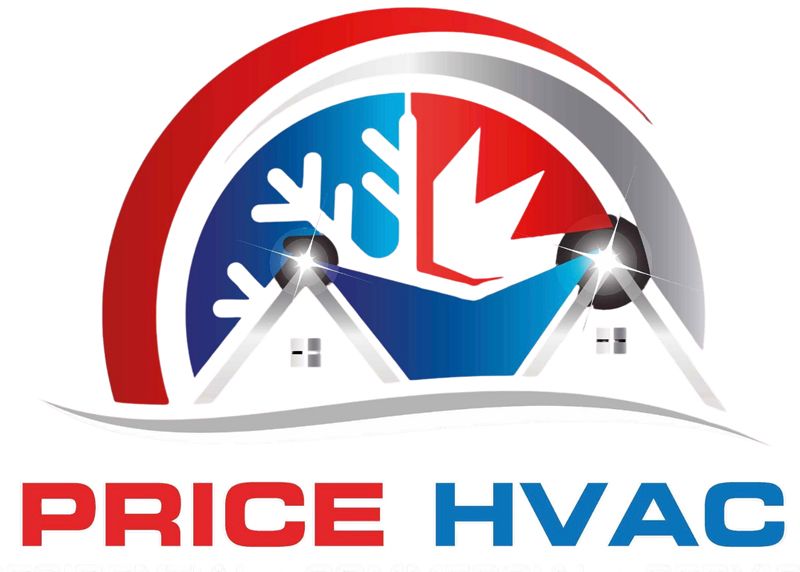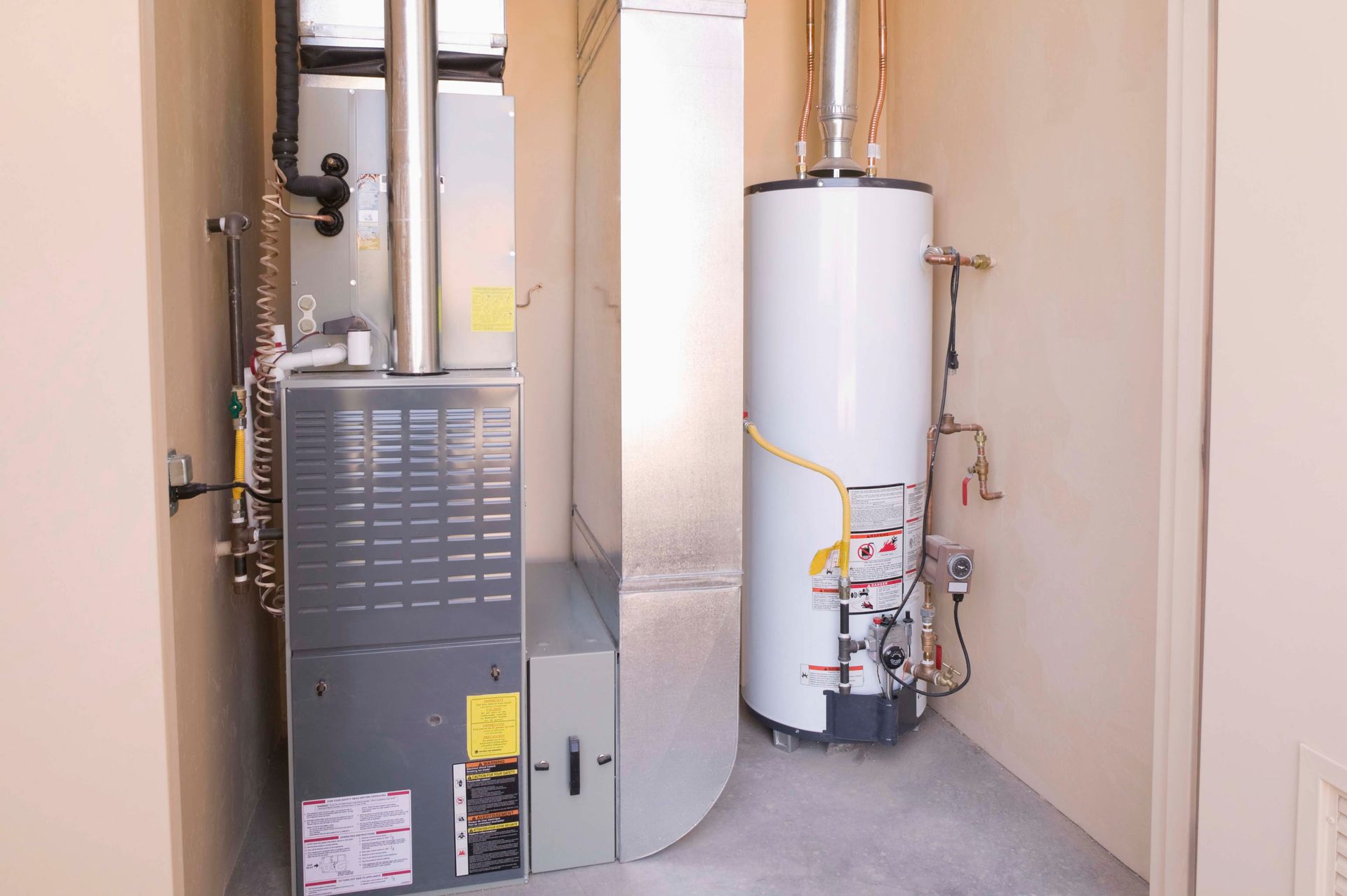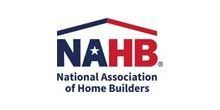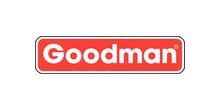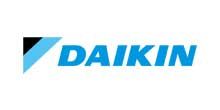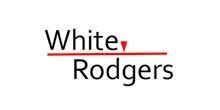Recent Blog Posts
HVAC Services and Solutions
Billings, Aurora, Republic, and Surrounding Areas
Emergency Services
Financing Available
Free Estimates

Request Call Back
Hero Request Form
Thank you for contacting us.
We will get back to you as soon as possible.
Please try again later.
OTHER A
HERO / ROW SHAPES
Your Comfort Is Our Priority
Price Heating & Air is a locally owned and operated company with over 25 years of experience serving Springfield, Republic, Billings, Aurora, and surrounding areas including Lawrence and Stone counties. We provide complete heating and cooling solutions for residential, commercial, and remodeling projects, as well as geothermal systems. From new installations and servicing to annual maintenance and full-service duct cleaning, we are fully equipped to handle all your HVAC needs. We also offer affordable, reliable systems backed by lifetime warranties for your peace of mind.
When it comes to keeping your home cozy in the winter and cool in the summer, Price Heating & Air is the name you can trust. For decades, we’ve delivered comfort and reliability to countless homes and businesses. Our family-owned operation isn’t just about HVAC systems—it’s about building lasting relationships within our community. Backed by years of hands-on experience and a true commitment to quality, we’ve earned the trust of homeowners, businesses, and even local financial institutions. Reach out to us today!
Why Choose
Price Heating & Air
Financing Available
Over 30 Years of Experience
Well Established in the Community
Licensed, Insured, and Certified
Free Estimates
Same-Day Services Available
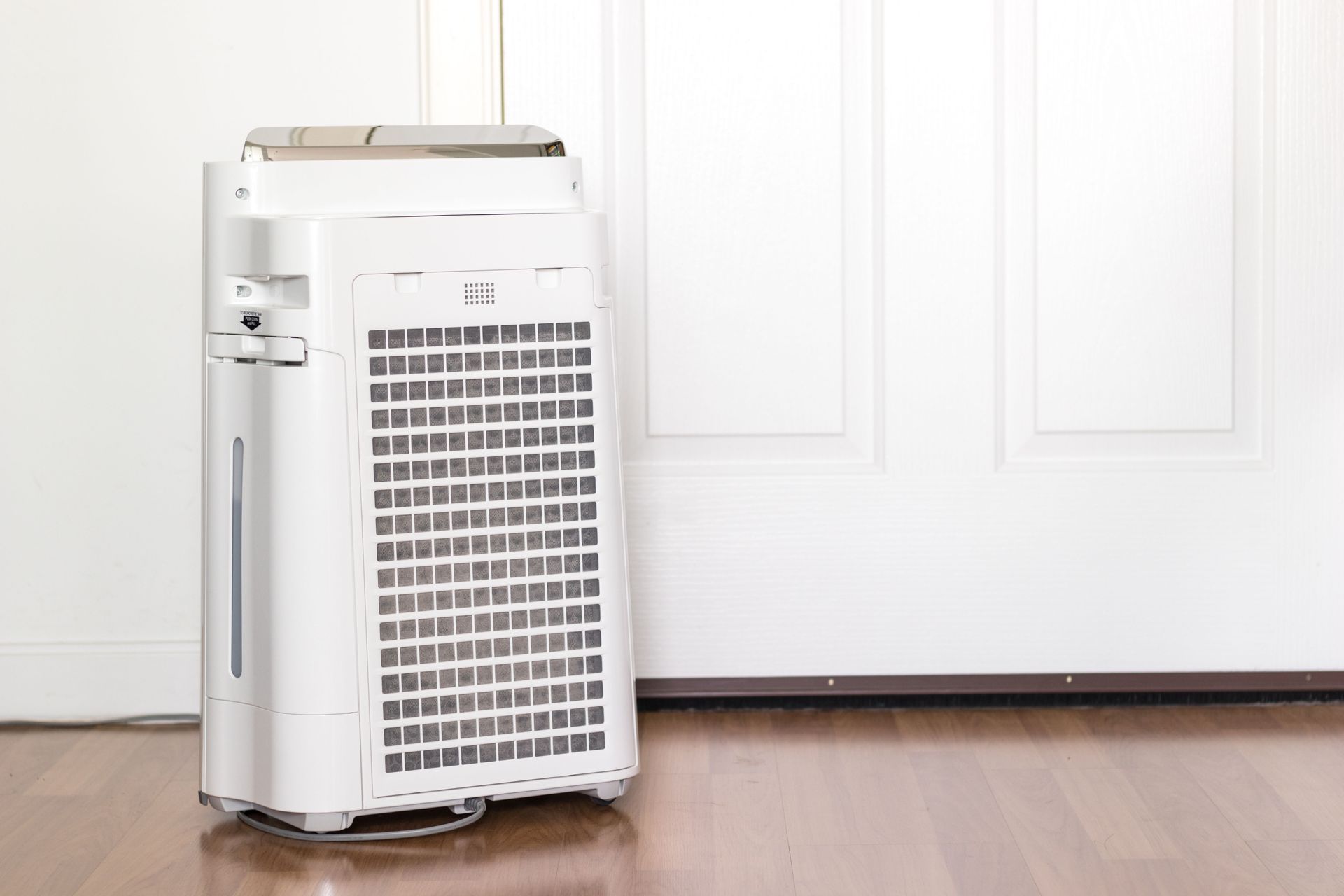
Heating Services
When winter's chill sets in, our heating services keep you warm and toasty. From furnace installations to emergency repairs, we've got you covered. Our team is skilled in handling all types of heating systems, ensuring your home stays comfortable no matter what.
Cooling Services
Beat the summer heat with our top-tier cooling services. We offer everything from AC tune-ups to complete system replacements. Our team will keep your air conditioning running smoothly, so you can enjoy a cool oasis even on the hottest days.
Air Purification Services
Additional Services
Our experience extends beyond heating and cooling. We offer a range of additional services to meet all your HVAC needs. From duct cleaning to smart thermostat installations, we're your one-stop shop for home comfort solutions.
Additions or Remodels
Price Heating and Air specializes in seamless HVAC integration for home additions and remodels, providing design, ductwork, equipment installation, controls, permitting, and post-install testing. Professional service ensures comfort and reliable system performance.
Smart Thermostat Installation and Removal
Price Heating and Air provides smart thermostat installations and HVAC integrations for homes and businesses, offering energy savings, convenient control, enhanced comfort, and future-proof compatibility. Reach out to us today!
Custom Duct Work
Price Heating and Air provides custom ductwork solutions for homes and businesses, offering design consultation, fabrication, installation, retrofit, repair, and maintenance. Precision-engineered systems optimize performance, comfort, and air quality!
Financing
Price Heating and Air offers flexible HVAC financing, including 0% interest for qualified applicants, budget-friendly payment plans, and quick approval. These options make heating and cooling upgrades accessible, enhancing home comfort.
Veterans Save 10%

Veterans Save 10%
Here's what our satisfied customers are saying...
At Price Heating & Air, we take pride in providing exceptional HVAC services to our customers. We would be grateful if you could share your thoughts about our business with others. Your feedback helps us improve and helps others make informed decisions. Please take a moment to leave a review of Price Heating & Air and let others know what you think.
